Young Light is the title of a coming-of-age novel by German author Ralf Rothmann. I enjoyed this book very much.
Julian Collien, the 12-year old protagonist, is growing up in the Ruhr region in the mid-1960s. It is the time of the Wirtschaftswunder, the period of reconstruction and economic growth in Western Germany after WWII.
Julian is living with his parents and his little sister Sophie in a mining town. Life and work is organized around the work schedule of the coal mine, where almost all the fathers are working, whereas the women follow the traditional role of mother and housewife.
Everyone is very much living in the present – hardly anyone ever speaks of the past. An old photograph of the then 12-year old father of Julian from 1936 is not the starting point for a discussion of old times, and the seemingly jocular survey of Julian’s sister if her father has killed anyone during the war, is answered with a helpless silence by the father and a verbal outburst by the mother who sends the child to its room. The tattooed numbers under the father’s armpits go not unremarked but are not a subject for further questions.
On the surface the reader has the impression that nothing spectacular is happening within the few weeks that are covered by the story. It is the end of the school year, mother and sister are going on a holiday (there is not enough money for the whole family to enjoy holiday together), the father and Julian stay at home and get along quite well. Julian has some trouble at school: he has problems with mathematics and gets beaten by the teacher (at that time still a “normal” experience) because he was unable to do his homework. In order to avoid the next beating by the teacher, Julian has an idea:
“My mother was hanging up laundry in the garden with Sophie, and I went to the bathroom, locked the door and had a pee. Then I opened the mirror cabinet, the side with my father’s things: a plastic cup, a toothbrush with a wooden handle and squashed bristles, a bottle of Irish Moss aftershave. The razor slightly rusted, but there was a new packet of blades. I pulled one out, carefully unwrapped the waxed paper and sat down at the edge of the bathtub.
Downstairs I could hear Sophie, her gleeful laughter – almost a squeaking – then little Schulz’s mouth organ, and with one edge of the blade I made a cut in the ball of my thumb, only very gently, but even that already hurt. Oron, with the tip of an enemy’s arrow in his leg, had also once operated on himself and hardly batted an eyelid. I was taking fast breaths with my mouth wide open, and kept going over the skin until the edge of the razor blade disappeared into the flesh. Now the line turned red. It was a good four centimeters long, but the blood wasn’t even running over the edge; I clenched my teeth and pressed harder, millimeter by millimeter. But I was already trembling all over, started farting and broke out in sweat. Finally, my fingers grew so tense that I had to stop.
I rinsed my hand under the tap and looked at the ball of my thumb. A nasty scratch, but not a wound. I went to the kitchen, took a match from the box and rubbed the sulphur head about inside the cut until my eyes watered. Then I put a plaster on it, wiped the bathroom floor with toilet paper and told my mother I had fallen over. At night, before going to sleep, I could feel a quiet throbbing under the bandage.
But I didn’t have fever the next morning…”
Without fever, Julian has to go to school and is pretending to have not been able to do his homework in math because of the wound. Unfortunately, he didn’t cut his right hand (he is a right-hander), and so his excuse is immediately revealed as silly and not honest; an almost funny situation – all this cunning and bravery: for nothing. But not only Julian’s teacher is violent. Also Julian’s nervous, chain-smoking mother is beating him frequently and ferociously.
Julian is not particularly close with any of his peers. There is the snooty Gorny boy, the son of the landlord, who rubs it frequently into Julian’s face that he – contrary to Julian – will attend gymnasium after the summer break. The boys at the Animal Club, an overgrown plot of land that belongs to Pomrehn, an old widower who is friendly to the children but considered as confused by most adults, accept him only when he brings them alcohol and cigarettes; and there are the boys from the Kleekamp gang, the nemesis of the miner’s housing scheme. They always do their best to bring Julian in trouble for things he hasn’t done. Marusha, the 15-year old daughter of the Gorny’s holds a strong attraction for Julian, although he seems just to begin to understand why. Gorny senior, in the meantime, a person who has a kind of creepiness about him from the very beginning of the book, turns out to be a man with pedophile and child molesting tendencies at the least. And the marriage of the parents seems also not to be without serious issues – the nature of the mother’s frequent bouts of illness are never revealed, but they might be a symptom for a failing marriage:
“Not a sound. No one in the bedroom either; the bedspread lay neatly folded on the bed and the metal alarm clock was ticking. A solitary fly scurried across the fridge of the lampshade, and I called again and knocked on the bathroom door. But it had been left ajar. The narrow window was open, and there were nylon stockings lying unwashed in the bath; every time a drop of water fell onto the lightly-coloured heap, it moved. Next to the soap dish lay a little tube of painkillers, slightly squashed; the screw top lay on the floor.
I heard my father coming up the stairs with slow, heavy steps, went onto the balcony and looked out to the garden. ‘Lollypop? Where’s Mum?’
Sophie was sitting alone on the edge of the sandbox. One of her teddies was buried up to its neck, and she looked up. Although the sun was behind her, she covered her eyes with her hand. ‘I’m not hungry.’
My father, who had heard the question, went to the kitchen and looked around. ‘Why? Where would she be?’
I shrugged. ‘Maybe in the cellar. Hanging up the laundry?’ But he didn’t answer. He threw his jacket on the sofa and called her; his voice was strangely muted. The glasses in the cabinet trembled slightly as he walked across the floorboards. In the bathroom he bent down to pick up the lid and screwed it back on the tube of tablets. Then he pushed open the door of the children’s room and placed his hands on his lips. His broad back blocked my view.
‘What’s going on?’ His voice sounded amazed, and I pushed past him. Out room was full of smoke, and my mother, slightly bent forward, was lying in Sophie’s bed. Although she was wearing her quilted dressing gown, she had pulled the cover, the one decorated with toadstools and dwarves, up to her chest, and didn’t look at us. Her head was turned to the wall, her eyes closed, and she was holding an extinguished cigarette between her fingers. There were tears, grey with eyeliner, on Sophie’s pillow.
I bent down over her. ‘What’s the matter? Did you have another colic?’
She sniffed quietly, but didn’t say anything. Her foot, which was poking out of the end of the covers, still had one of the slippers with the plush edging on it. She was wearing her pearl necklace, and I pulled the cigarette butt out from between her fingers and threw it into the bowl on the bedside rug. My father breathed out sharply through his nose and ran his hands through his hair.
‘Shall we call you an ambulance?’ She swallowed hard, again and again, as if she had something stuck in her throat. ‘What’s the point.’ She spoke quietly, almost in a whisper, and hardly moved her mouth. ‘Just let me lie here.’
My father shrugged his shoulders. He turned round and went into the kitchen, and while I took the slippers off her feet and placed them next to the bed I could hear him tinkering with the stove rings and scratching about in the coal scuttle; it was much louder than when she did it. I bent down and brushed a strand of hair from her forehead. Her skin felt dull from the spray.
‘Shall I make a hot water bottle?’ She nodded almost invisibly. Her eyelids were trembling, and I turned round to go to the bathroom – and found my father standing in the doorway again. Folds going down over the bridge of his nose. His lips so pale that I could hardly make them out from the rest of his skin, he held the half-thawed packet of spinach in his fist like a brick.
‘Now listen here…’ He went up close to the little bed. ‘If you’re not feeling well, please go to the doctor. And if there’s something wrong with your gall bladder, it’s about time you had an operation. What are hospitals for? I’m getting sick and tired of all this back and forth. When I come out of that hole where I work myself half to death for you all every day, I expect to have something to eat, you understand? Then I bloody well expect to see some food on the table!’
He was speaking more loudly than I had ever heard him speak before, and when he screamed ‘Do you understand me!’ after that, I saw his lower row of teeth, the brown gaps between them. With a kick, he sent the ashtray next to the bed flying into the corner.
But it stayed in one piece, even though it was made of glass. But the five cigarette butts inside it jumped onto the carpet. ‘And now get the hell up! If you can smoke one fag after another, you can make your family something to eat!’”
After the return of the mother and sister from Schleswig (Rothmann’s birthplace), the family is informed that they have to move out by the end of the month – Julian’s father had sex with Marusha and now Gorny is blackmailing them to leave the house.
Whereas most of the novel is told from Julian’s perspective, several short parts of the book are told in third person perspective. These paragraphs describe the work of a coal miner during his shift almost a thousand meters below the ground. While he is entering an area with water ingress, he is preparing a blasting to avoid a catastrophe; in the end it seems that the miner has an accident, possibly a fatal one. But it is left unsolved what exactly happened and who the miner was – although he was looking briefly on his Kienzle watch with the broken glass, exactly the same as Julian’s father is wearing.
What strikes me about the novel is first of all the language. Rothmann avoids the trap in which so many writers of autobiographical novels are falling.
Julian, from whose perspective most of the novel is told, is not looking back with an affectionate, transfigured view. He reports the things as he sees them and in a rather unemotional, almost a bit detached way. Before his mother starts to beat him with the wooden cooking spoon, he turns up the music of the radio a bit because he knows from experience that he will cry and he doesn’t want the Gorny’s downstairs to hear it.
Julian’s world is a quite unkindly one: he cannot remember to have ever embraced or kissed his mother; when he wants to hold his father around his waist while riding on the back seat of his bicycle, his father is reprimanding him. Only with his little sister Sophie who is sometimes a pain in the ass but mostly very cheerful and charming, he is embracing and kissing.
Most other children and almost all adults are aggressive, rude, malicious – with very few exceptions: there is Pomrehn, who behind his rather tattered and disheveled appearance is a kind and even wise person; the catholic priest, who is on the one side rather strict with the children but who tries to talk Julian out of his feeling of guilt when he is confessing his alleged sins; Marusha, who is beside her rather aggressive and provocatively displayed sexuality, talking to Julian as a friend and confidante; and there is a man he sees on TV who is talking so differently from all other people in Julian’s surroundings.
The man is using expressions that resonate well in Julian and that make him want to know who this man, a writer, really is; a man who is speaking in a serious voice which betrays his soft Cologne accent. Unfortunately for Julian, he will not know the name of the man with the sad eyes and the bulbous nose – not this time that is. But we readers witness an important formative moment in Julian’s life: for the first time he realizes that words can be a means to express important things, feelings, opinions that matter. And Heinrich Böll, the unnamed writer that is so easy to recognize from Rothmann’s description, is the one who made this happen.
Since we can assume that Rothmann is describing his own childhood and the end of it in Julian’s story, we can understand what an impact this moment possibly had on the author. Rothmann worked as a mason, driver, cook and in various other jobs before he started his career as a writer. Among the many literary awards he received, is ironically also the Heinrich Böll Award of the City of Cologne.
What I also have to praise is that Rothmann is an intelligent and conscious narrator. He is a few years older than me but I also grew up in a coal mining town in Germany that resembles very much the unnamed place of Julian’s childhood. When I read the book, it was sometimes almost as if I have a flashback to my own childhood, so precise to the last detail is Rothmann’s book when he describes the catholic, proletarian and petty bourgeois milieu of the coal miners of the Ruhr (or in my case: Saar) region,
In the end we see Julian preparing to move to a new place with his family. He has lost a few illusions about his parents, his peers, about adults and maybe life in general. But he will keep the picture of the writer in his mind and will try to find out more about him in the library one day. And he will also remember the words of Pomrehn, who once said to him:
“When you have chosen freedom, nothing can ever happen to you. Never. “
Young Light is one of the best coming-of-age novels I ever read.
Ralf Rothmann: Young Light, translated by Wieland Hoban, Seagull Books, Calcutta 2010
Seagull Books, an Indian publisher, has become one of the best addresses for translated literature in the English-speaking world. They do pioneer work to make important German, Italian, French and African authors available for the anglophone book market. Seagull publisher Naveen Kishore was awarded the Goethe medal in Weimar in 2013 in recognition of his important work.
© Thomas Hübner and mytwostotinki.com, 2014. Unauthorized use and/or duplication of this material without expressed and written permission from this blog’s author and/or owner is strictly prohibited. Excerpts and links may be used, provided that full and clear credit is given to Thomas Hübner and mytwostotinki.com with appropriate and specific direction to the original content.

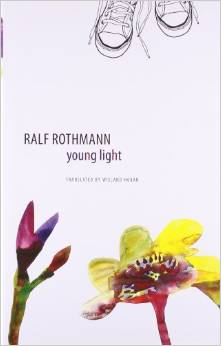
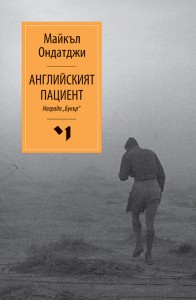
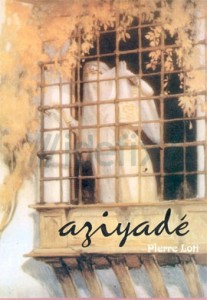
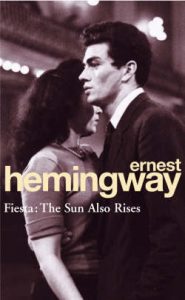
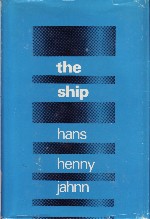
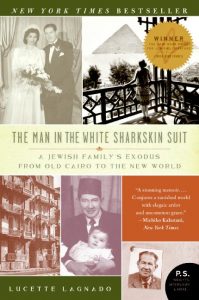
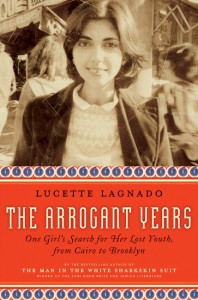
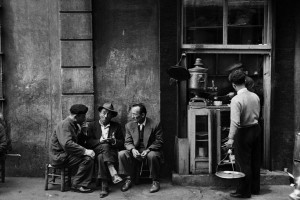
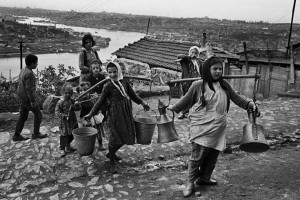
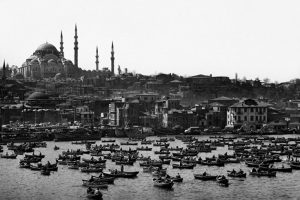

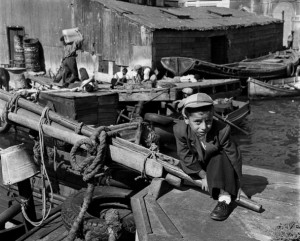
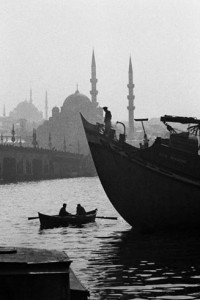
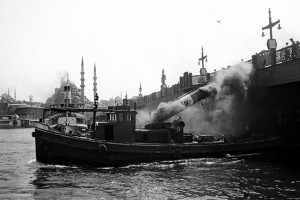
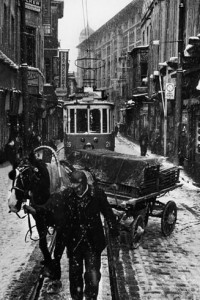
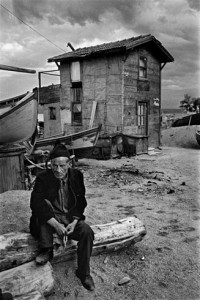
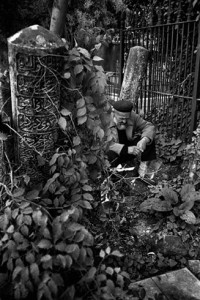
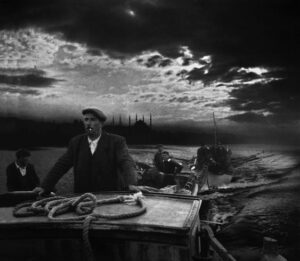
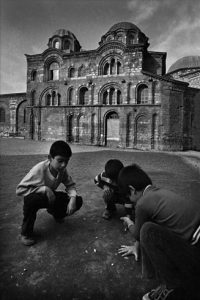
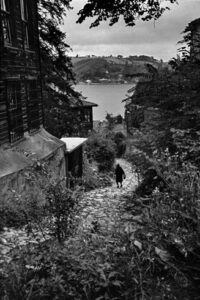
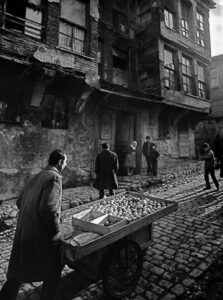
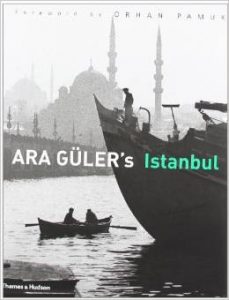

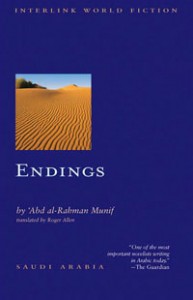


 Facebook
Facebook RSS
RSS Twitter
Twitter